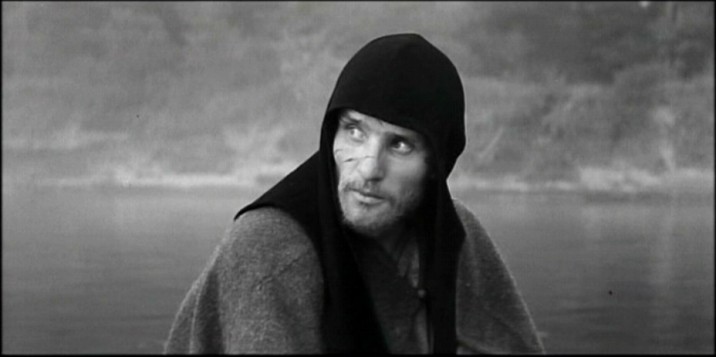Have you seen Tarkovsky's Solyaris? He was a master of cinematic form. Beautiful long takes, some of the most beautiful imagery ever committed to film. Tarkovsky was an out-and-out genius of the medium, Soderberg is a Hollywood director who forfeits artistic intergrity to appeal to a mass audience. Tarkovsky took the source material and made it something of his own, ruminations on faith and self-discovery, Soderberg did a by-the-numbers book adaptation to film. Tark's version runs nearly three hours because nothing is rushed, he is taking the time to explore Kris' world and the environment of the space station. Soderberg's version runs a short, sweet 99 minutes (so as not to offput anyone). Frankly your question is ridiculous, Tarkovsky is one of the greatest film directors of all time, Soderberg is the guy who gave us Oceans 11.
|




 Linear Mode
Linear Mode
